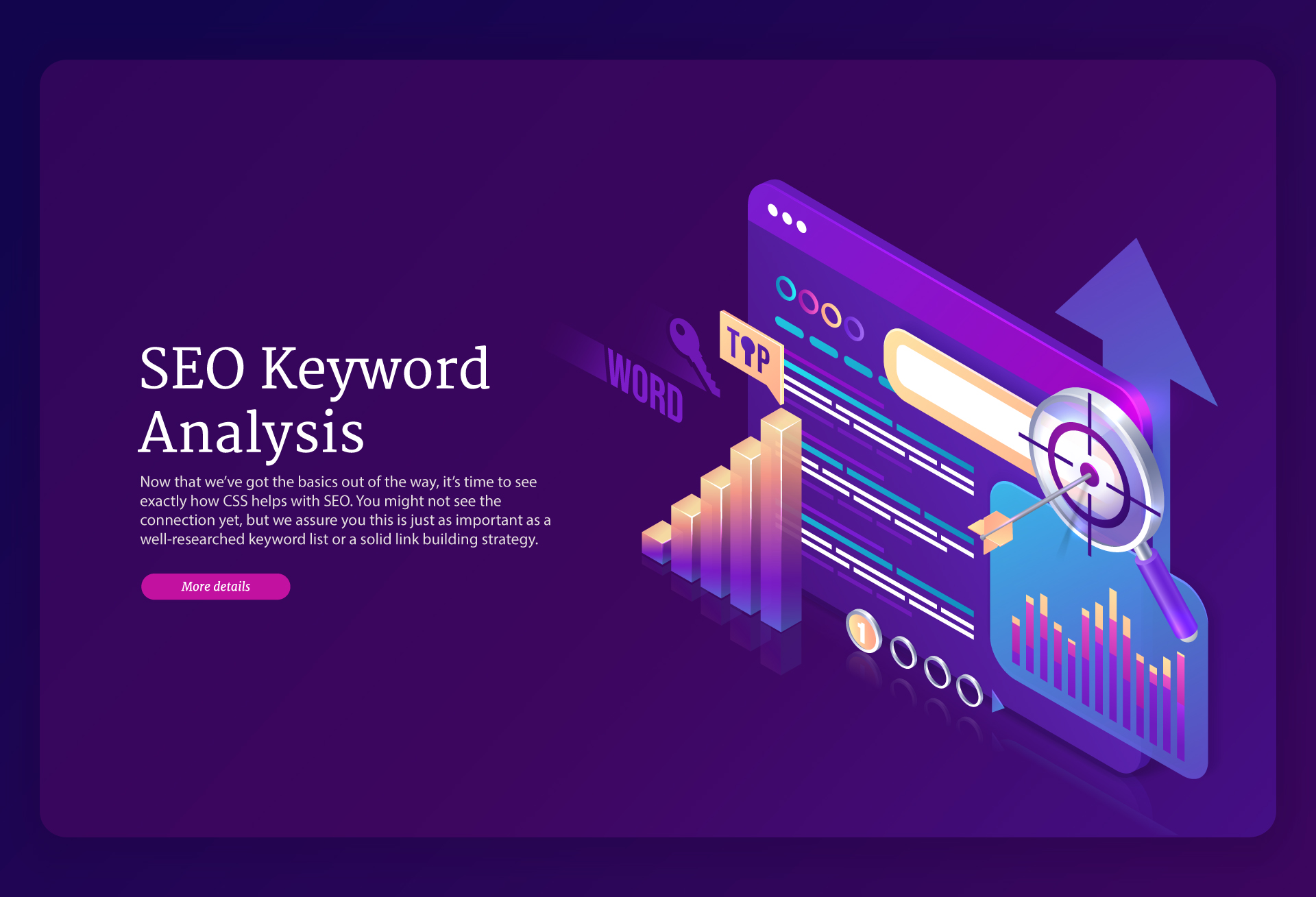
While reading about SEO, you’ve probably wondered how much code you should know. The good news is that you don’t need much programming knowledge to get into good SEO or even tweak your own website to make it more search engine friendly. However, your job is going to become a hundred times easier if you understand a bit of HTML, JavaScript and, most importantly, CSS. All of the best websites use CSS to improve their SEO and in this article, we’ll be taking a look at some of the ways it can help.
What is CSS?

We’ll start with the basics and that means defining CSS. CSS, or Cascading Style Sheets, is the face of a website. Programmers will also call it front-end. It deals in all the visual aspects of a website, from font styles, sizes and colors and all the way to headings and paragraphs. You will write CSS to define and style website elements such as the header, the navigation or the footer. A good practice when it comes to CSS is to have all the elements in one sheet.
How does CSS help with SEO?
Now that we’ve got the basics out of the way, it’s time to see exactly how CSS helps with SEO. You might not see the connection yet, but we assure you this is just as important as a well-researched keyword list or a solid link building strategy.
1. Accentuates the keywords

When building and launching a website, you will have to emphasize the important content elements on all pages. You need to know that search engines (Google, especially) pay attention to different tags. When using these tags, you’re accentuating certain elements on that page and as a result, the search engines will also consider the text between those tags as more important than the rest.
You might have seen pages with random bolded words. That’s because the owner of that page signaled that bolded part as important and wants the search engine to have the same opinion. Now, the biggest problem is hiding these tags from the client and that’s where CSS steps in. It will help you hide these seemingly random tags from the client so you can offer a smoother and seamless experience. By doing this, you’re making your content both user and search engine friendly!
2. Speeds up loading times

You’re probably aware by now that a slow loading page won’t rank as high as one that loads in the blink of an eye. This is where CSS can be of great help, as this type of code downloads faster than the cumbersome tables. With tables, search engines will have to read through their contents twice – once to figure out the structure and once to establish their content. On top of that, different elements of the table can’t be displayed separately as you’d have to wait for the entire thing to load first. You can surely see how this can impact your website’s speed.
Luckily, because CSS doesn’t need that much code as a table, it can be saved as an external document stored in the user’s computer or mobile device for faster loading speeds. On top of that, CSS also allows you to decide which parts are loaded first so you have full control over what the user first sees when landing on your website.
3. Facilitates updates

CSS makes every piece of content on your website easier to access. This means that it can also go through updates at a faster and smoother pace. And if you know SEO, you also know that search engines appreciate fresh content and websites that make frequent updates. Sure, you might not update the entire content of your homepage every day but when you do, you need something that makes that process as fast and smooth as possible so search engines can pick it up immediately.
The great thing about CSS (as compared to HTML) is that if you need to make even the smallest updates, you only need to make that change once. For example, if you need to change the size of a font throughout your entire website, you’ll only have to do that once with CSS. With HTML, however, you’d have to go through every page individually. And that’s not a task you want to go through, especially if you have an ecommerce website.
4. Makes websites more accessible

Most of the online traffic nowadays comes from mobile devices. So it’s crucial that your website also runs smoothly on smaller screens and that’s where CSS can help you. By making a separate CSS document specifically targeted at mobile devices, you’ll make sure that a mobile user’s page loads as fast as a desktop user’s.
And in case you didn’t know this, Google also takes into account your website’s responsiveness when it decides where it ranks. So you can surely see how good CSS will help you rank better, even though your main audience isn’t mobile-focused.
Final Thoughts
There you have it – just a few reasons why you should definitely be using CSS if you want to improve SEO on your website. It allows for faster loading times, better organized content and offers an overall friendlier look and feel to your website. This is very important, especially seeing as usability is one of the main factors you should have in mind when building a website.
A user-friendly website that’s easy to navigate and read will always rank higher in the search results than one that takes an eternity to load and confuses the visitors. And besides, a good website will also help you build a better brand image and tell your prospects that they can trust you. So what do you think? Did you know that CSS can help your website’s SEO so much? Let us know your thoughts in the comments below! If you found this article useful, don’t be afraid to share it with other people who might need to learn about the wonders of CSS!
